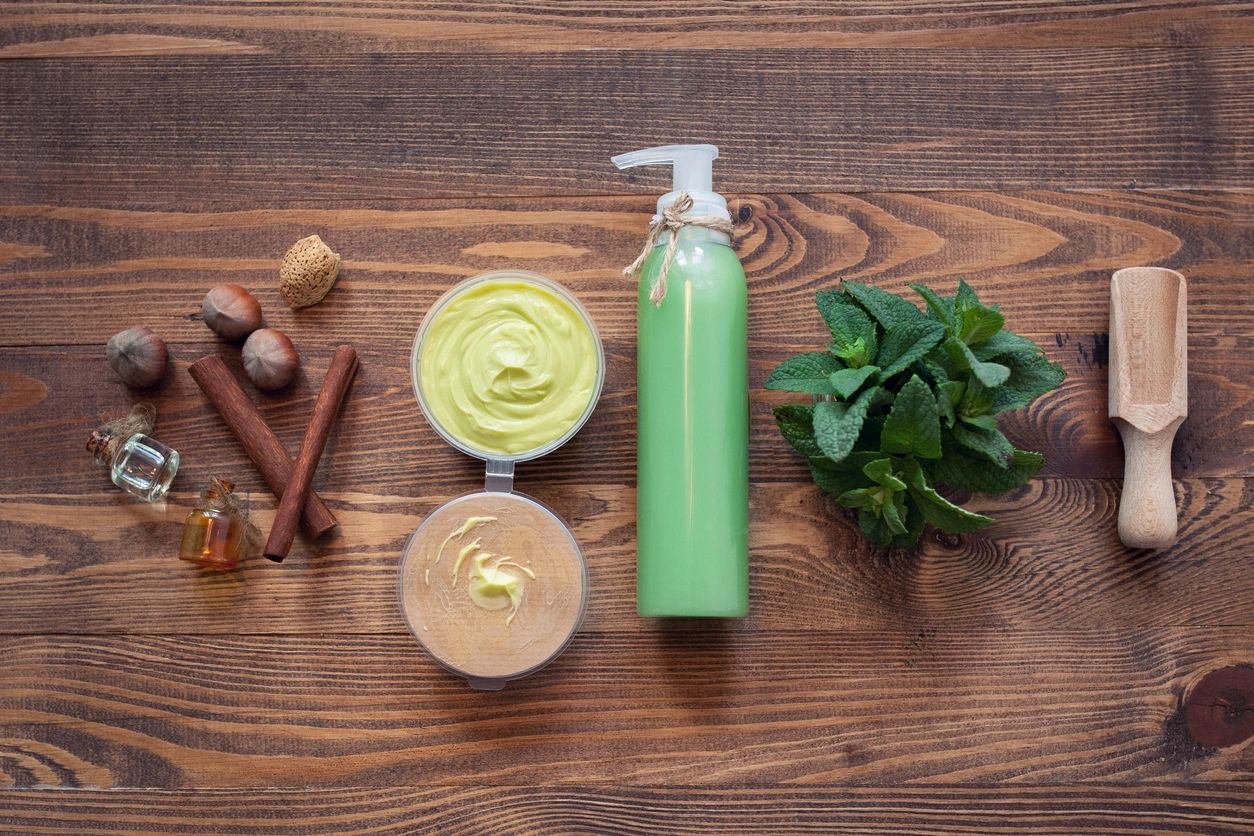When it comes to skin concerns, what I am seeing a lot of these days at work is the concern of pigmentation. Pigmentation is an issue for many people and for many skin types. Not all pigmentation is the same which means that not all pigmentation is treated the same. In order to treat pigmentation, we have to know how it developed on the skin, the biggest source of pigmentation is sun exposure, but there are other ways pigmentation can develop on the skin, they include, acne scarring, hormonal issues, and over exfoliating the skin.
Pigmentation can occur to anyone at any age and every to every skin type. Thankfully there are several treatments and at home products that safely and effectively treat all different types of pigmentation. Now depending on your skin type will determine what professional skin treatments are best suited to reduce pigmentation. Here are the most effective treatments in my opinion as a licensed aesthetician and skin care specialist.
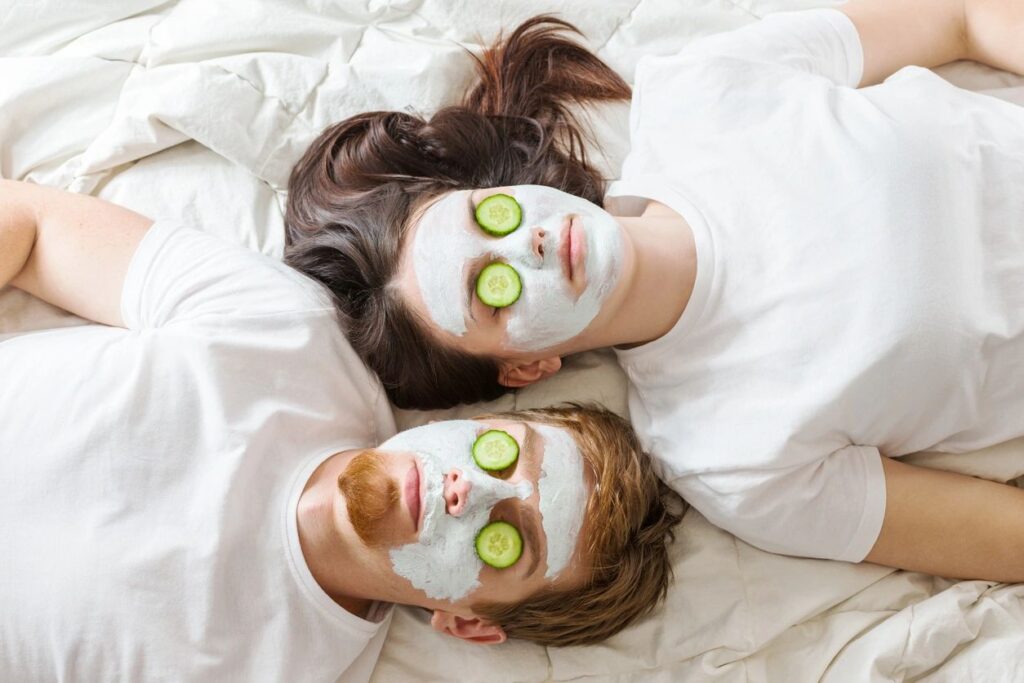
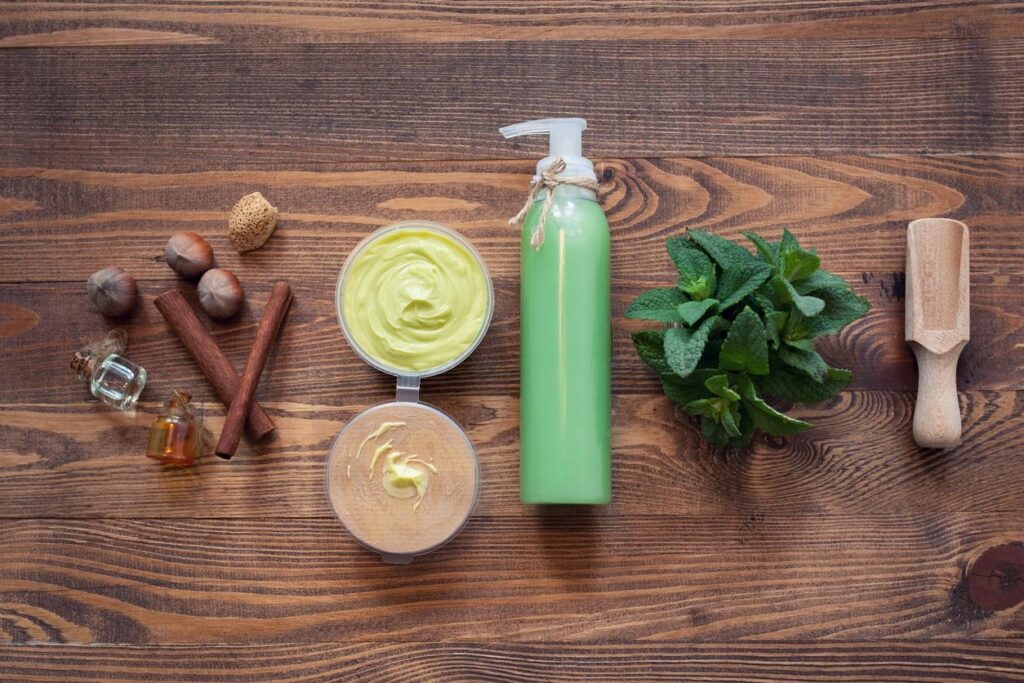
Professional Treatments For Pigmentation
Laser Treatments – yes, it’s true, laser technology can be used to treat and reduce pigmentation in the skin. Specifically, the Alexandrite laser, it is the one laser technology that targets pigment in the skin. The Alex laser looks for colour, so when there is a darker spot in the skin it picks it up first without damaging the surrounding area. The intention is to break down the pigment in the skin, bring it to the surface, it scabs and then falls off. Depending on how old and deep the pigmentation is will determine how many treatments are needed to get maximum results. Because the Alex laser is the most superficial laser, it is not suited for all skin types. The Alex laser is ideal for skin types one to three border line four, because the laser looks for colour it’s not suited for the darker skin types. But not to worry, there are other treatments that are effective for all skin types.
Microneedling – Microneedling has become a very popular and in demand treatment in the last few years; its popularity derives from the fact that it is effective in its results and there is little to no down time with this treatment. The best way I can describe how microneedling works is like this: when an injury happens to the skin, the body’s natural response is to heal itself. How does it heal itself? By creating new skin. What does new skin look like? Smooth, bright, healthy and fit. This is where Microneedling comes in, what we are doing is causing microdamage to the skin and forcing the body to do what it does naturally and produce new healthy skin. How it reduces pigmentation is by breaking down the pigment in the skin and allowing the skin to renew itself. What’s great about Microneedling is that it is one of the treatments that is suited for all skin types. When done properly, the results are amazing and long lasting.
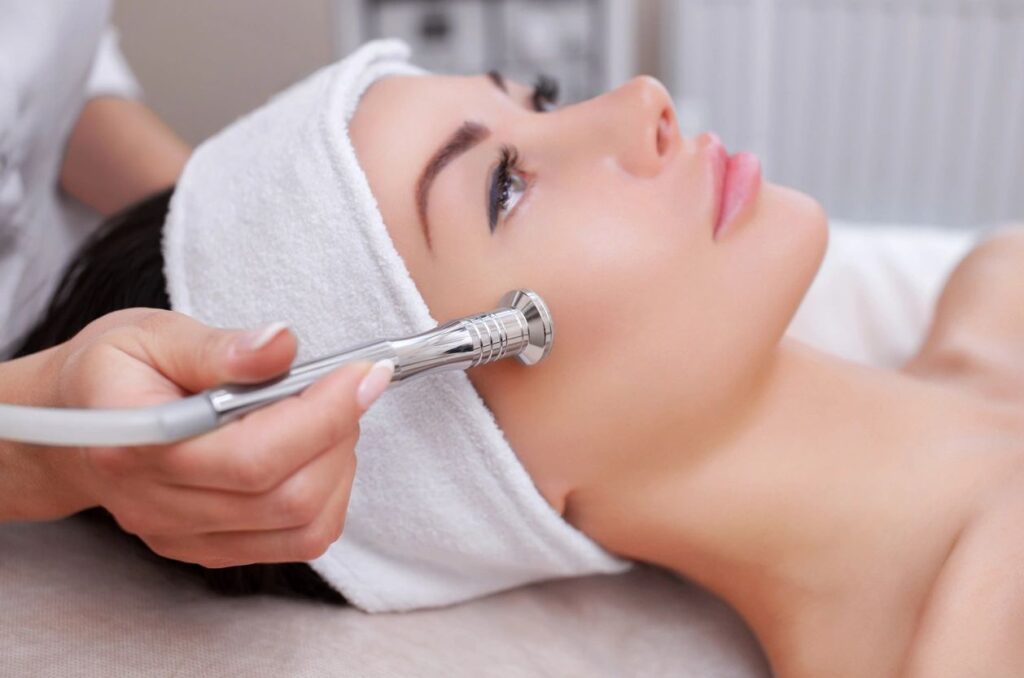
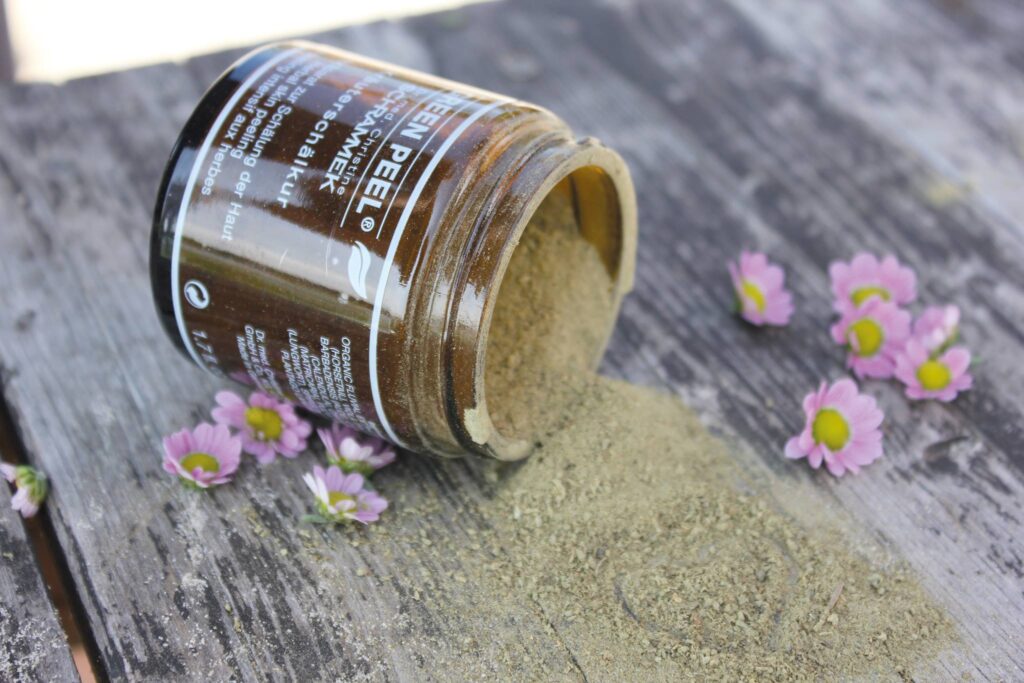
Chemical Peels – Chemical Peels are one of the most effective ways to reduce pigmentation, it exfoliates on deeper levels of the skin to bring out the pigmentation and eventually exfoliates it off completely. There are various chemical peels that have different acids such as mandelic acid, lactic acid, salicylic acid and retinol. All of these ingredients can assist with the reduction of pigmentation in the skin. There are various strengths and types of chemical peels, though most chemical peels are suited for all skin types, skin types five and six need to be treated more conservatively as their skin can create more pigment if not treated correctly. Always go to a licensed professional to get the best advice for your skin. Chemical peels work on the outside going in and a treatment like Microneedling works on the inside going out. A combination of these treatments will provide the most effective way to reduce pigmentation in the skin. These are the most popular and effective treatments to reduce pigmentation but another huge factor is taking care of your skin at home.
Home Care
Taking care of your skin at home is essential for maintaining healthy and fit skin. Professional treatments can take you so far but if you’re not taking proper care of your skin, it will all be for nothing. Below are the essentials in skin care, specifically in treating pigmentation.
Vitamin C – Vitamin C can help fade pigmentation and smooth the skin’s surface to reduce dullness. This gives skin a youthful glow. Consistent vitamin C application has been shown to impede melanin production, the pigment responsible for skin color; this can help fade dark spots. Hyperpigmentation — including sunspots, age spots, and melasma — occurs when melanin is overproduced in certain areas of the skin. It can also happen in areas where acne has healed. Vitamin C is rich in antioxidants and Antioxidants protect healthy skin cells. Vitamin c is also a brightening agent and boosts cell turnover to reveal bright and healthy skin.

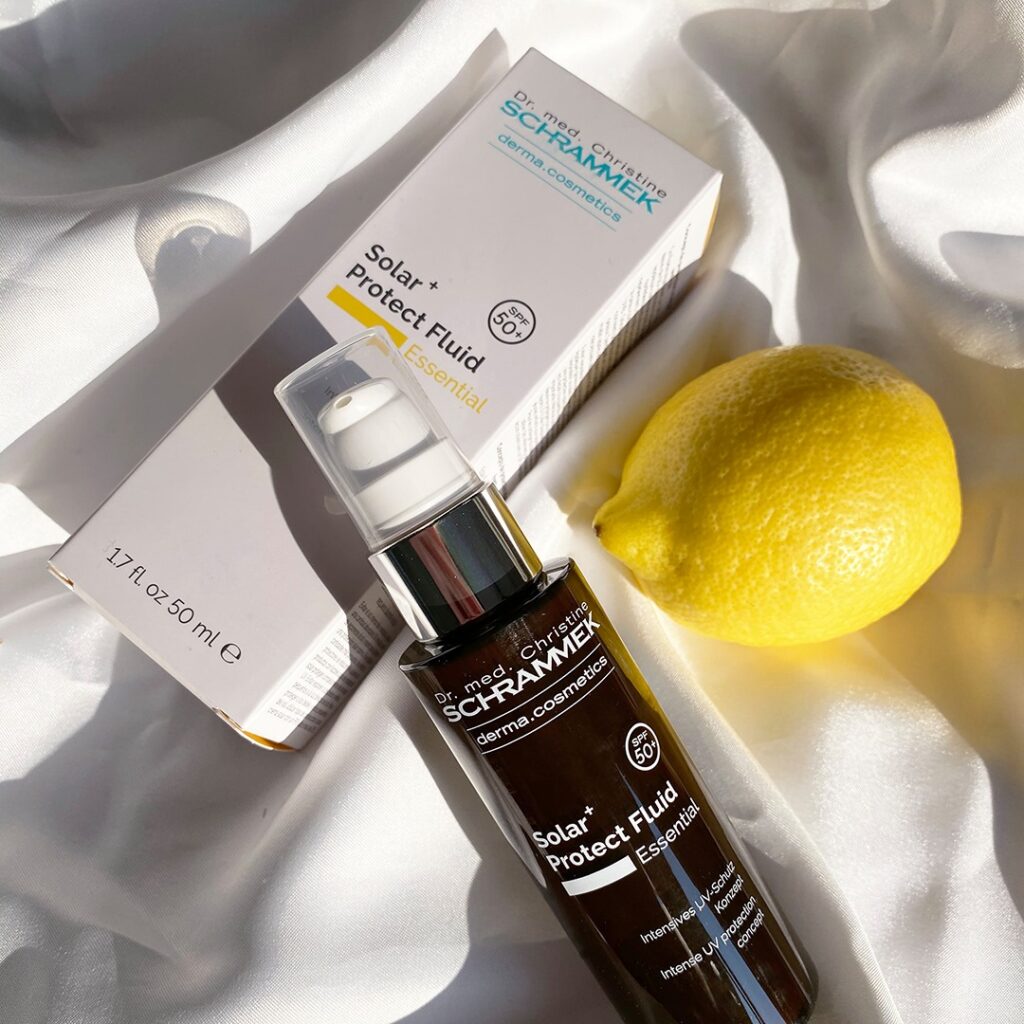
Retinol – retinol is pure vitamin a, it is one of my personal favourite products in my skin care routine. Retinol can have a number of positive effects on the skin, as it encourages skin cell turnover. When new skin cells are formed, they will be more evenly pigmented. For me personally, retinol is the holy grail of serums in skin care, it helps with the reduction of pigmentation, exfoliate the skin, reduces fine lines and wrinkles and smoothens out the skin. To me, that’s a winning combination. Remember, retinol is only to be applied at night time; always apply retinol on clean skin and apply moisturizer right after.
SPF – if you remember only one thing in this post; please remember this: SPF in skin care is non-negotiable. I always hear that clients don’t like the feel of sunscreen or they don’t need it every day because they’re inside or there’s no sun. that’s simply not true, the sun rises every day and our skin is exposed to light (natural and artificial) all the time. Think of sunscreen as your skin insurance for your treatments. It’s like a protective barrier on your skin and keeping your other products intact. I can understand some people’s apprehension in wearing sunscreen on the daily, some sunscreens are too thick, it feels heavy or leaves a white cast on the skin. Not to fret, there are sunscreens on the market that do not have a high zinc level (the ingredient that gives off that white cast) and blends really well.
I have had my fair share of pigmentation issues and still do to this day. I work to reduce by getting professional treatments (peels and microneedling are my go to) and keeping up with my skin care routine which relies heavily on my daily vitamin c, retinol and sunscreen use. If you have any skin concerns or have any questions about professional treatments and/or products, call on your aestie bestie anytime!
